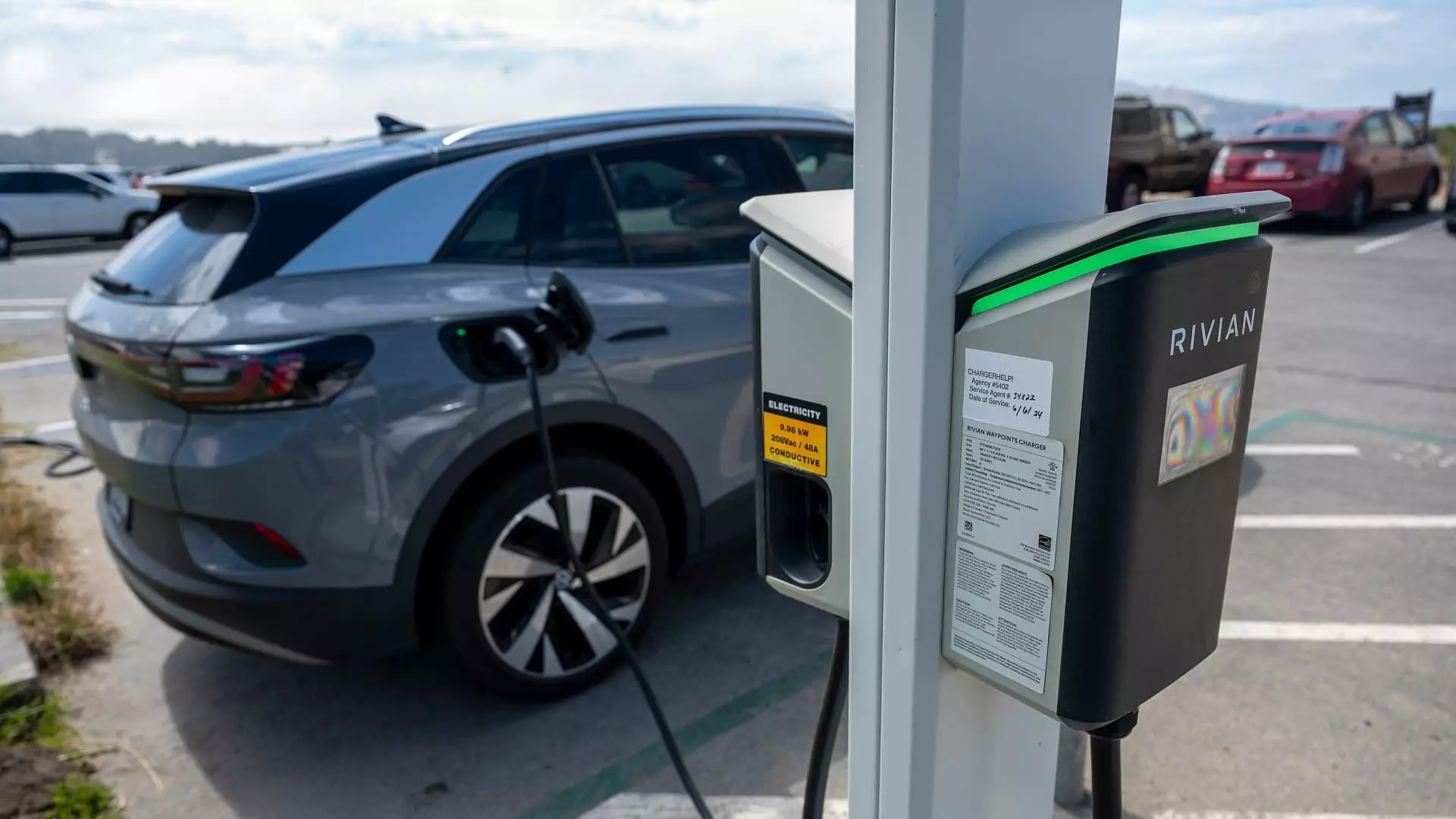The comparison between the total cost of ownership for electric vehicles (EVs) and traditional gasoline cars is a critical factor for consumers considering making the switch to electric transportation. While EVs have the potential to be more cost-effective over the long term, there are several variables that can influence this decision. Factors such as upfront purchase price, recurring costs for fuel and maintenance, geographic location, and charging infrastructure all play a role in determining whether EVs are the more economical choice.
One of the primary considerations when evaluating the total cost of ownership for EVs is the initial purchase price. While EVs tend to be more expensive upfront than gasoline cars, the gap is narrowing as automakers reduce prices and government incentives, such as the federal tax credit of up to $7,500, become more widely available. However, it’s essential to note that not all buyers qualify for these incentives, and the availability of state and local tax breaks can also impact the upfront cost of purchasing an EV.
In terms of recurring costs, EVs have the potential to be more affordable than gasoline cars due to lower fuel and maintenance expenses. According to Consumer Reports, owning an EV can save the typical driver $6,000 to $12,000 over the life of the vehicle compared to a comparable gas-powered model. This is primarily because EVs have fewer moving parts, leading to lower repair and maintenance costs. Additionally, the cost of refueling an EV is generally lower than gasoline, thanks to higher energy efficiency and lower electricity prices. These savings can add up over time and contribute to the overall lower lifetime cost of owning an EV.
One crucial aspect to consider when evaluating the total cost of ownership for EVs is geographic location. The University of Michigan study highlighted significant disparities in the lifetime cost of EV ownership based on the driver’s location. Regional differences in electricity and gasoline prices can impact the cost-effectiveness of owning an EV. For example, states like Texas with lower gas prices may make it harder for EVs to break even in terms of total cost. Additionally, access to home charging infrastructure can significantly reduce the lifetime cost of owning an EV. Home charging, especially during off-peak hours with lower residential electricity prices, can save consumers thousands of dollars over the life of the vehicle compared to public charging options.
The financial benefits of owning an EV over a traditional gasoline car depend on a variety of factors, including upfront costs, recurring expenses, geographic location, and charging infrastructure. While EVs have the potential to be more cost-effective over the long term, it’s essential for consumers to carefully consider these factors before making a decision. As battery prices continue to fall and automakers offer more affordable EV options, the gap between total costs of ownership for EVs and gasoline cars is expected to narrow. By weighing these considerations and understanding the variables that impact total cost, consumers can make informed decisions when choosing between electric vehicles and traditional gasoline cars.

